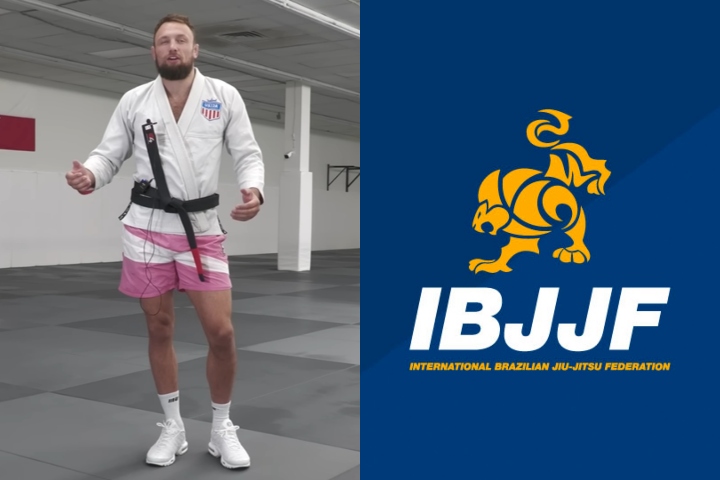In the dynamic and evolving world of Brazilian Jiu-Jitsu (BJJ), practitioners often find themselves at a crossroads between training with the traditional gi and opting for the more fluid no-gi approach. Craig Jones, a prominent figure in the no-gi circuit, recently shared his insights into the unique benefits of both training methods during an interview on the “Jibber with Jaber” podcast.
Craig Jones: Balancing Gi and No-Gi Training
While Craig Jones has achieved notable success in no-gi grappling, his reflections on the value of gi training highlight a balanced perspective on skill development in BJJ. Despite his preference for no-gi, Jones recognizes the distinct advantages that come with training in a gi, particularly in areas like guard retention and mobility.
Appreciating the Gi’s Technical Contributions
Jones candidly expressed that although he doesn’t consider gi training essential, it imparts crucial skills that are less accessible through no-gi practice alone. “I don’t think it’s necessary, but it teaches you skills that you won’t get [otherwise],” Jones remarked. He pointed out that techniques such as the Spider Guard and Lasso Guard are more than just maneuvers; they serve as gateways to mastering hip mobility and enhancing guard retention. “So guys that start with the gi have, I believe, better guard retention,” he noted.
This acknowledgment highlights the gi’s role in laying a strong technical foundation, offering practitioners a systematic approach to learning complex aspects of BJJ that are vital for overall grappling proficiency.
The No-Gi Advantage: Athleticism and Adaptability
Jones’s preference for no-gi grappling stems from its physically demanding nature and its emphasis on athleticism. Describing typical no-gi techniques, he said, “You have to wrestle up, leg lasso, wrestle up, wrestle up,” illustrating the dynamic and strenuous nature of no-gi training. This style not only tests physical limits but also enhances one’s ability to adapt quickly in fluid combat situations.
Moreover, Jones believes that practitioners who start without the gi often develop other strengths. “Guys that never started with the gi usually, I think, have [advantages] in other areas like wrestling and stuff like that,” he explained, suggesting that no-gi training fosters better scrambling for top position and a more aggressive grappling style.
The Intersection of Gi and No-Gi Techniques
Jones’s insights offer a comprehensive view of how gi and no-gi training complement each other. Each discipline enriches a grappler’s skill set in unique ways, with the gi enhancing technical precision and the no-gi experience bolstering physical resilience and adaptability. This intersection of skills can lead to a more well-rounded fighter capable of navigating any competitive scenario with confidence.
For enthusiasts and practitioners of Brazilian Jiu-Jitsu, Jones’s reflections serve as a valuable lesson in the importance of a holistic approach to training. While personal preferences may lean towards one style, incorporating elements from both gi and no-gi can significantly enhance a grappler’s abilities, offering the best of both worlds in terms of technical mastery and physical prowess.
Craig Jones’s career and perspectives underscore the rich, diverse fabric of BJJ training methodologies. His success and insights are a testament to the sport’s evolving nature and the endless possibilities that lie in exploring all aspects of this profound martial art.


















